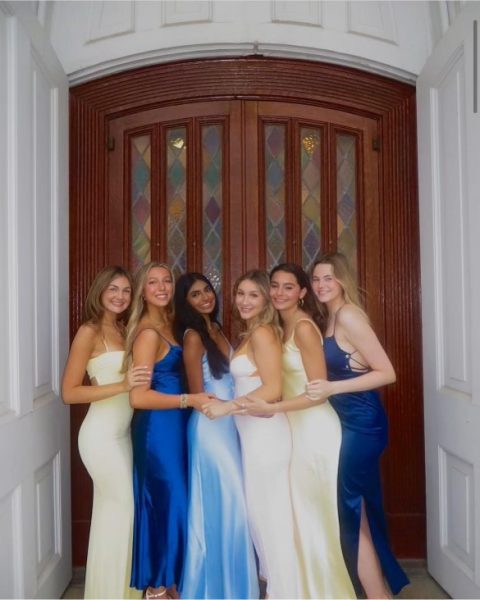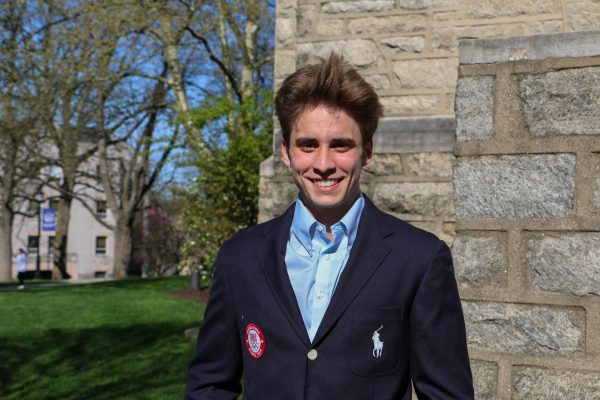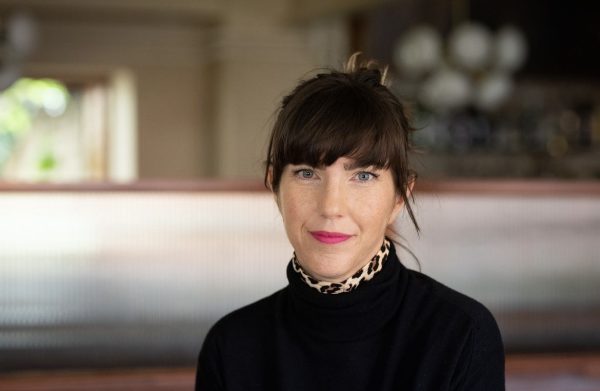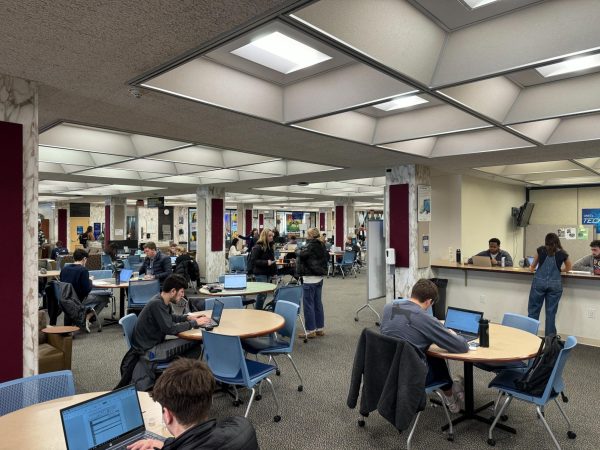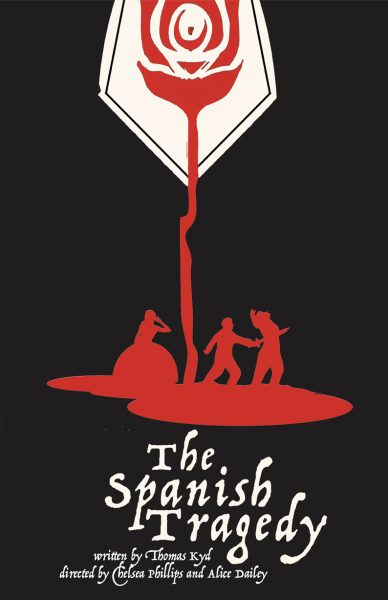‘Black-ish’ explores racial and familial issues in a humorous fashion
October 30, 2014
Fall’s newest promising sitcom finds funny in a post-post-racial American climate. ABC’s new comedy “Black-ish” is about an affluent black family residing in Los Angeles. Dre Johns (Anthony Anderson) is a happily married father of four who, by his own words “feels like a bit of an oddity” in his neighborhood. Interestingly, Dre is an oddity on television too.
Since “The Cosby Show” first aired 30 years ago, there has been little focus on the black family sitcom in television. Even with shifting racial demographics in America, a majority of American television shows revolve around white people joined by characters who “just happen to be” minorities.
Critics often rave about strong minority characters, longing for a day where race “doesn’t matter” and the industry becomes colorblind. “Black-ish” takes the entertainment industry’s idea of racial equality and flips it on its head. Instead of focusing on racial equality by ignoring cultural differences, “Black-ish” talks about race nonstop, in a funny and original way.
Dre is a successful ad executive married to a biracial doctor named Rainbow (Tracee Ellis Ross) and a father to four children. Dre is worried that his children have become privileged products of affluence. Growing up with mostly white classmates and a black President has made his children feel too assimilated.
After his oldest son, Andre Jr., (Marcus Scribner) announces that he wants to have a bar mitzvah and go by Andy now that he is on his high school field hockey team, Dre decides that his children need to be more race conscious. Dre’s father, Pops (Laurence Fishburne), heartily agrees as a sly old-timer who likes to complain about “the kids nowadays.”
Though Dre worries about his children not being aware of their race, Dre himself finds himself reminded of the fact that he is a minority often at work. When he is given a promotion, he is dismayed to find that he was made Senior Vice President of the Urban Division—“urban” being another word that essentially means “black people”—and wonders if his company values his race more than his performance at work.
Regarding the actual quality of the show, the pilot was good in intent but mediocre in execution. “Black-ish” is a conversation starter but has a few shortfalls. There are a few funny moments, and Ellis Ross as Rainbow is a standout.
Dre plays the typical sitcom clown-dad role well, and the added racial consciousness is refreshing. However, the humor fades periodically, and the shows get emotional and sentimental more than most sitcoms.
Dre’s frustration is funny at times, but his tantrums regarding his children’s lack of racial consciousness seem considerably more sad than funny.
Despite the pilot’s weak points, “Black-ish” has potential to be a show as great and as popular as “The Cosby Show.” “Black-ish” is a show intended for people of all races and cultural identities.
In addition to racial issues, the show explores themes central to the most popular sitcoms like raising children, maintaining a marriage, and self-improvement. “Black-ish,” like “Modern Family” and “The Cosby Show,” is a warm comedy about the American experience and can be enjoyed by anyone.
“Black-ish” airs on ABC Wednesday nights at 9:30 p.m.





